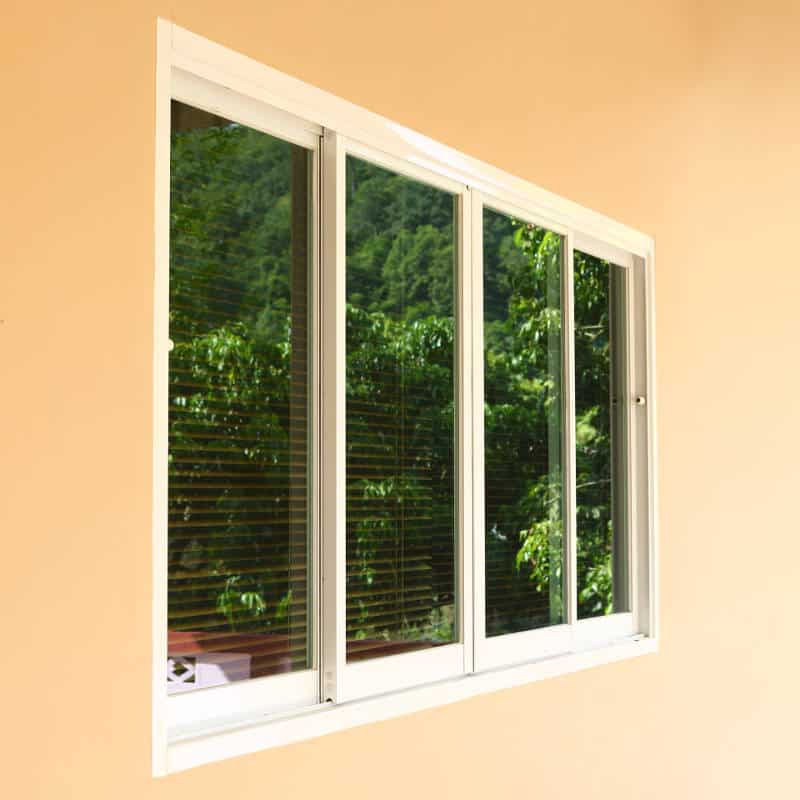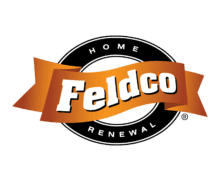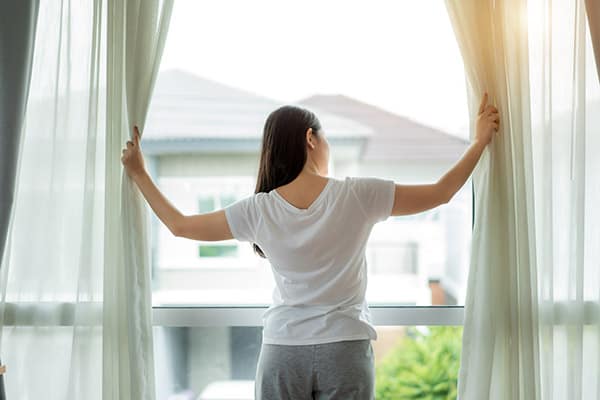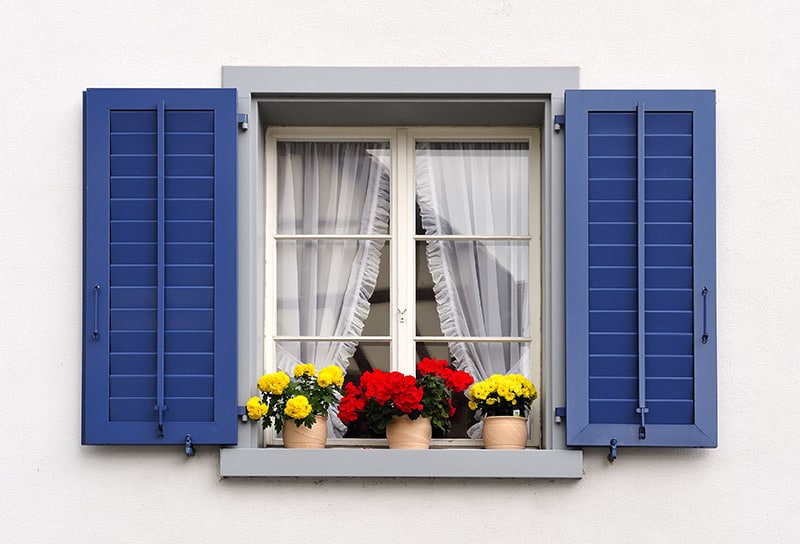Types of Window Glass: What’s Best for Your Home?
If you’re interested in new or replacement windows for your home, you naturally want to do your research and make sure you’re picking the right kind. While you don’t need to be an expert, you do need to know basic terminology about windows, and how many different kinds are available. Here’s everything you need to know about the various types of window glass, so you can choose what’s best for your home or project.

Float Glass
Float glass is named for the process of forming molten glass into large, flat panels. During the process, molten glass is floated on molten tin, producing the smoothest possible large, thin glass panel.
This is a basic sheet of glass before it is cut, treated, upgraded and set into a frame – a starting material for your window. This is low-cost, colorless glass as the starting point for what will become quality windows, glass doors and panels.
Safety Laminated Glass
Laminated glass is an extra-strong, security-enhanced glass created by fusing at least two panes around an inner layer of PVB (polyvinyl butyral). This process uses a high heat and pressure fusion process to create a super-strong panel.
If you need glass to stay put in the frame if it’s broken, for safety or security reasons, this would be one of your best choices. After all, it’s laminated glass technology that you’ll find in your vehicle’s windshield: ensuring that an object colliding with the glass does not strike the occupant and spray glass shards inside.
Obscured Glass
Obscured glass is any type of glass which allows light to come in, but can’t be clearly seen through. Obscured glass patterns may be frosted, etched, coated or otherwise designed so that you can’t look through it and see more than vague shadows of what’s behind. That’s why this is the most popular type of glass for bathroom windows, shower doors and entry door areas.
While there’s some debate on whether it truly affords enough privacy for bathrooms and showers or not, obscured glass is usually worth it to anyone who wants more natural light indoors.
Annealed Glass
Annealing is the slow, meticulous and controlled process of cooling a panel of float glass. The purpose of this process is to strengthen the glass by reducing the stress caused to it by quick cooling.
This is usually the next step for float glass, and now further upgrades can be done. Annealed glass is not the ideal choice for windows, as it’ll leave shards and large, sharp pieces if it is broken.
Tinted Glass
Tinted glass is any kind of glass which has coloring added. This can be done for several reasons, including design aesthetic, privacy and reducing heat from sunlight. Tinted glass can also be a form of protection against harmful UV rays.
You usually see tinted glass on vehicles, skylights and decorative panels, but you can also use it for external windows to bump up your privacy factor a little bit.
Tempered Glass
Tempered glass is annealed glass – only with quadrupled strength. Tempered glass can’t be cut, so the tempering process takes place only after the annealed glass is cut and finished in the desired size. The glass is heated to above 1200 degrees and then quickly cooled. To make heat-soaked te
mpered glass, the panes are baked at 550 degrees.
If the glass is unstable, it’ll break. This method tests the glass before it’s used in any real-life applications. You probably have tempered safety glass in your car, so that you can break them out in case of an emergency.
Insulated Glass
Insulated glass windows come in a unit that is optimized for energy efficiency. They may be two or three panes of glass, with argon in the spaces between the panes. The glass panes in an insulated unit are typically laminated or tempered security glass.
An insulated glass window unit also has a desiccant component, ensuring that condensation won’t form in between the panes where you can’t wipe it off. Insulated glass windows are a great choice for exterior glass that’ll help you keep your heating and cooling costs down.
Not all insulated glass units are created equally, so be sure to compare your options for the best energy efficiency ratings.
Mirrored Glass
To create mirrored glass, a panel is given a metal coating on one side. This coating is sealed with an extra protective sealant, creating a mirror effect. You usually find mirrored glass being used in a decorative capacity, such as on walls, furniture and doors. Mirrored glass is pretty, but it’s not usually used for exterior windows.
Low-E Glass
Low emissivity glass is specially coated to reflect thermal radiation. The low-e coating keeps out infrared rays, while light still filters through. Why is this so beneficial for homes? During the summer, heat is directed away from your house, and in the winter, your indoor heat is reflected back in the house and won’t escape through the windows.
This translates to lower heating and cooling costs. Low-e glass can be a pricey investment, but the savings in the long run can make it worth it. Some types of low-e coatings cause tinting, so be sure to check out some samples in person to make sure you’re okay with how the glass will look installed in your home.
Wired Glass
Wire glass isn’t necessarily considered a security glass, but it’s a fire-resistant glass. That’s why it’s most commonly used in schools, hospitals, and other commercial buildings. The grid of wires built into the panes will actually hold the glass in the frame if it shatters under high heat – such as a building fire.
It can also withstand a blast from a firefighter’s hose without blowing shards out everywhere. While wired glass works great for many commercial applications, you don’t often see it used in residential home design.
Heat Strengthened Glass
To make annealed glass panels twice as tough, it’s reheated above 1200 and then cooled. It’s not cooled quite as quickly as tempered glass, so it’s not as strong. Heat strengthened glass is tougher than lower grades of glass, but it can still shatter and break into sharp pieces. It’s not often used for exterior windows until it has also been laminated.
Are Energy Efficient Windows Really Important?
Did you know there were so many different types of glass? Now that you know a little more about glass technology and which types are used for residential windows, you’ll be able to choose something for your home that is attractive, secure and keeps the outdoors where it belongs.
Feldco is here to help you with your window glass needs. We offer many different glass styles with our replacement windows so you can get the perfect option for your home. Get a free quote now and we can get started on your replacement window project today.





